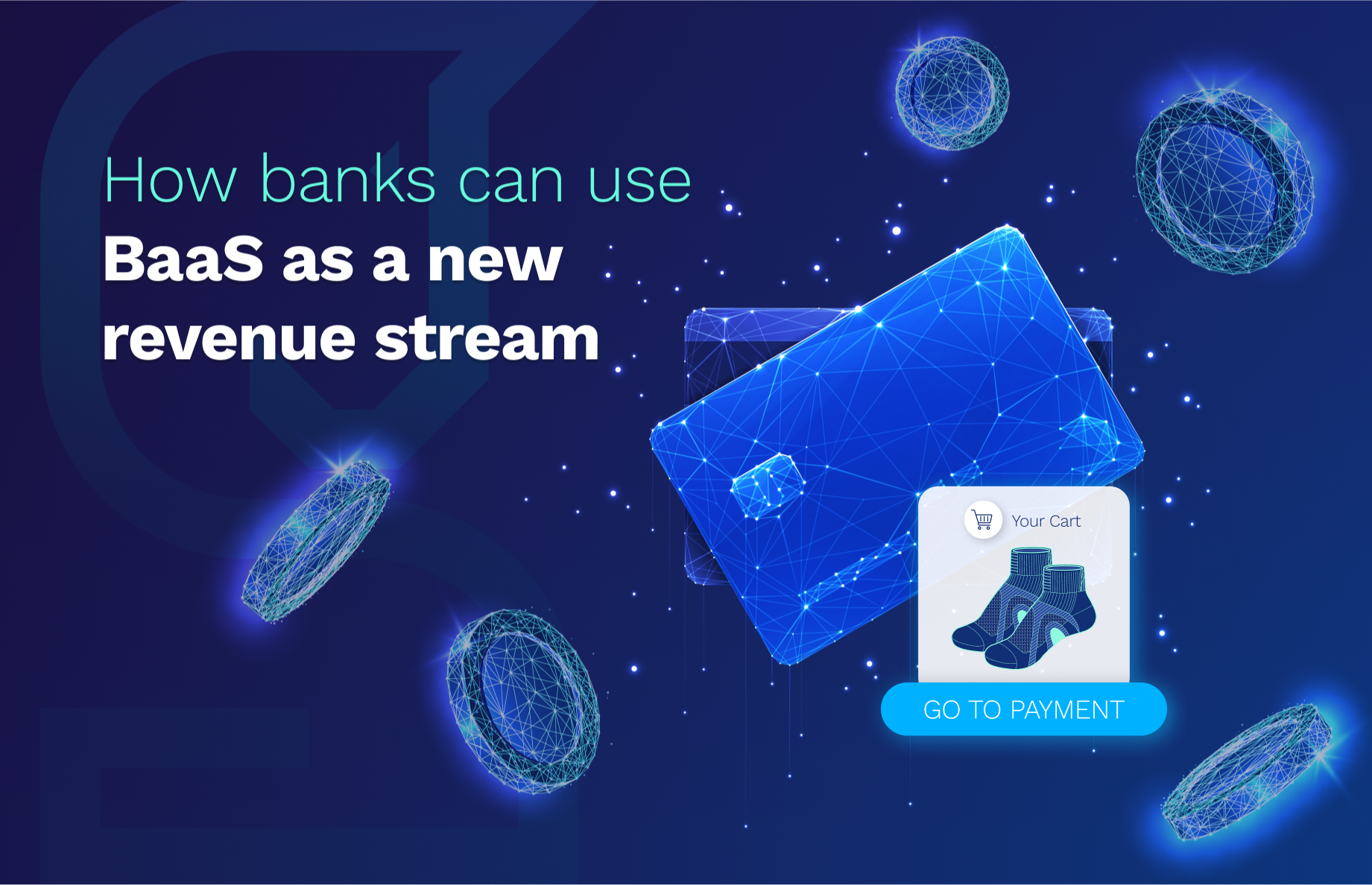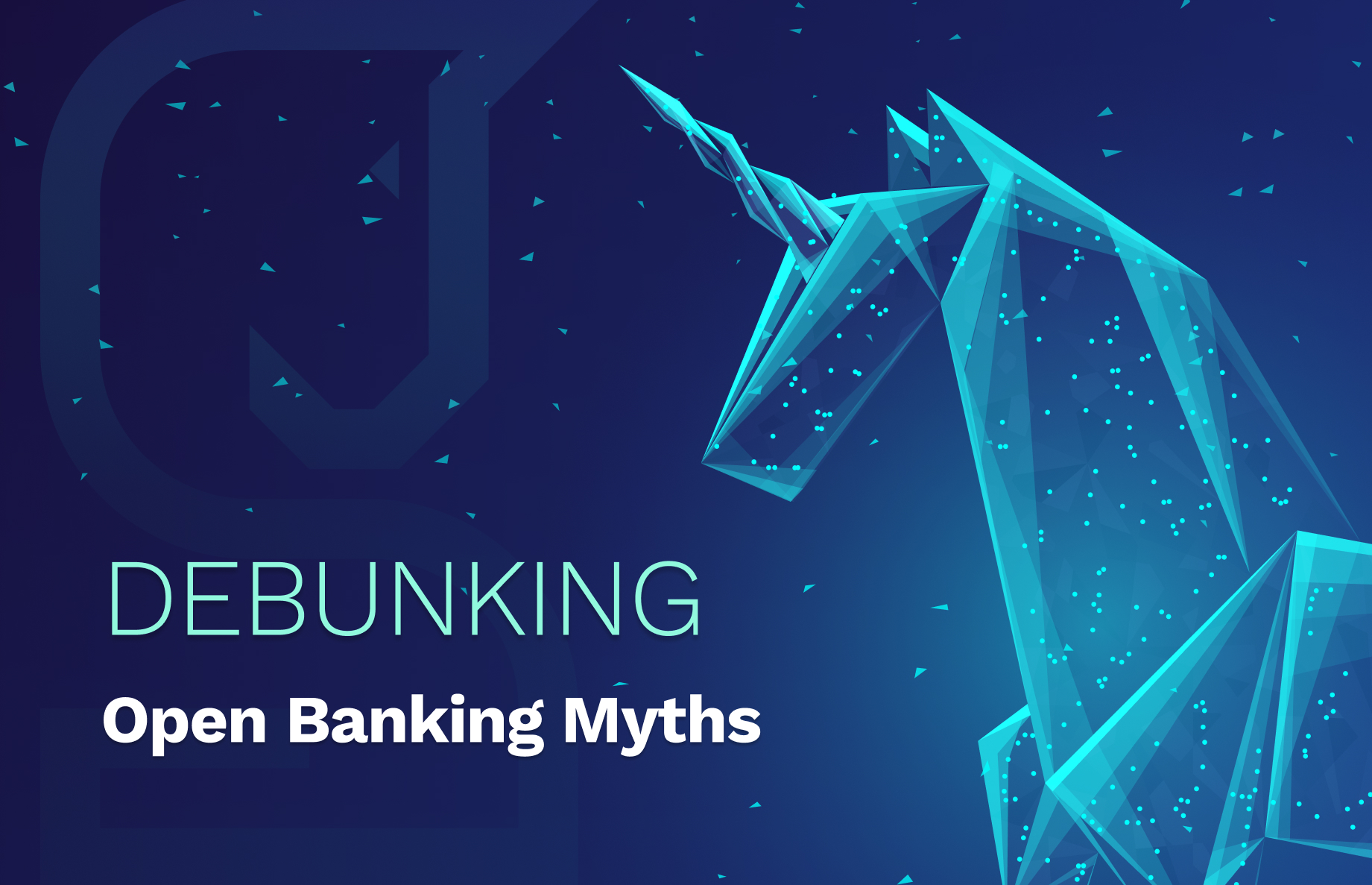How tech-savvy banks monetize BaaS
While trends come and go, BaaS has long-term potential and strategic importance for banks. “The secret” is to create a growth ecosystem in which Banks and FinTechs thrive, rather than endlessly compete
Published September 5, 2024

What is BaaS?
BaaS is a way for businesses to offer banking services without having to become licensed banks themselves, by working with a third-party provider. Essentially, BaaS providers act as a middleman between banks and other businesses that want to offer banking services to their customers but don’t have the resources to do so on their own.
For example, a FinTech startup might use BaaS to offer services like checking accounts or loans. The startup would work with a BaaS provider, who would handle the regulatory compliance and other technical aspects, while the startup would focus on building its brand and customer base. Let’s see an example.
How does it work? Example:
Let’s say you run a small e-commerce business that sells socks online. You want to offer your customers the ability to pay for their purchases with a debit or credit card, but you don’t have the resources or expertise to set up your own payment processing system.
Instead of building a payment processing system from scratch, you could use a BaaS provider who would give you access to their payment processing API, which you could integrate into your e-commerce website.
When a customer makes an online card payment, the BaaS provider will process the payment and transfer the funds to your business bank account. The BaaS provider would also handle all the regulatory compliance and fraud detection that goes along with processing payments.
Using a BaaS provider in this context can save you time and money, and allow you to focus on what you do best – fabricating and selling socks.
How Financial Institutions monetize BaaS
On the other end of the bargain, are the Financial Insitutions (banks in this case). BaaS platforms have become a critical part of open banking. The rise of FinTechs has threatened some financial institutions, but a tech-savvy approach can turn this threat into an opportunity by creating new revenue streams.
- Subscription fees
Subscription fees in Banking-as-a-Service (BaaS) work like a membership model. When a FinTech company wants to access the services provided by a bank’s BaaS platform, they pay a monthly fee. This fee grants them access to the platform’s suite of banking services. It’s a predictable, recurring cost that allows the FinTech to use the bank’s APIs and infrastructure.
- A la carte pricing
A la carte pricing in BaaS is more flexible and usage-based. Instead of a fixed monthly fee, FinTech companies pay for each specific service they use. For instance, if a FinTech needs to process payments, verify customer identities, or access account information, they are charged individually for each service. This model allows the FinTech to only pay for what they need when they need it, making it a cost-effective option for those who require varied or occasional access to the bank’s services.
Should I monetize BaaS too or is it yet another trend?
BaaS provides new revenue streams beyond traditional banking. It helps you stay relevant and innovative, allowing you to compete with FinTechs. BaaS enables you to reach new customer segments, so you can expand your market presence without high customer acquisition costs. It also maximizes the use of your existing infrastructure, making operations more efficient.
While trends come and go, BaaS has long-term potential and strategic importance for banks. “The secret” is to create a growth ecosystem in which Banks and FinTechs thrive, rather than endlessly compete.
Let’s talk some more about this, leave us a message.
How tech-savvy banks monetize BaaS
BaaS provides new revenue streams beyond traditional banking. It helps you stay relevant and innovative, allowing you to compete with FinTechs. BaaS enables.
5 Open Banking myths that almost got small banks fooled
Inflation has far-reaching implications, not only for consumers and businesses but also for financial institutions
Don’t fall behind!
Get notified of new articles (only once a month)

